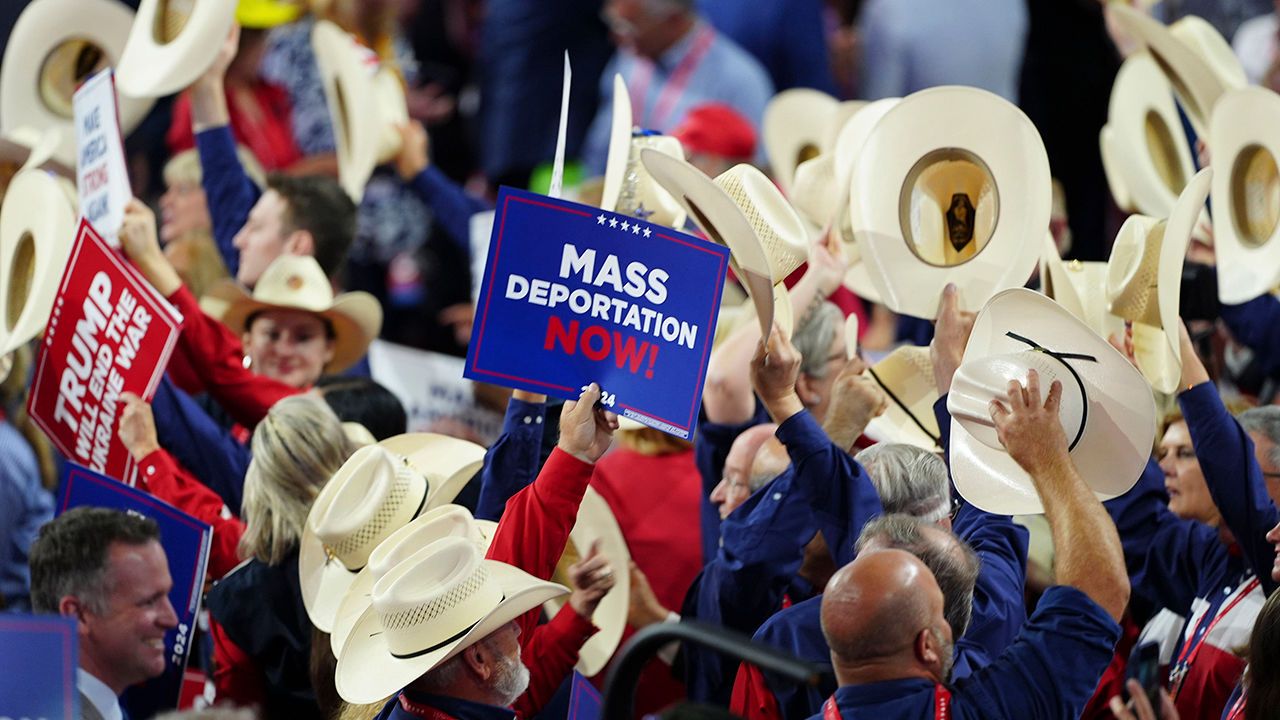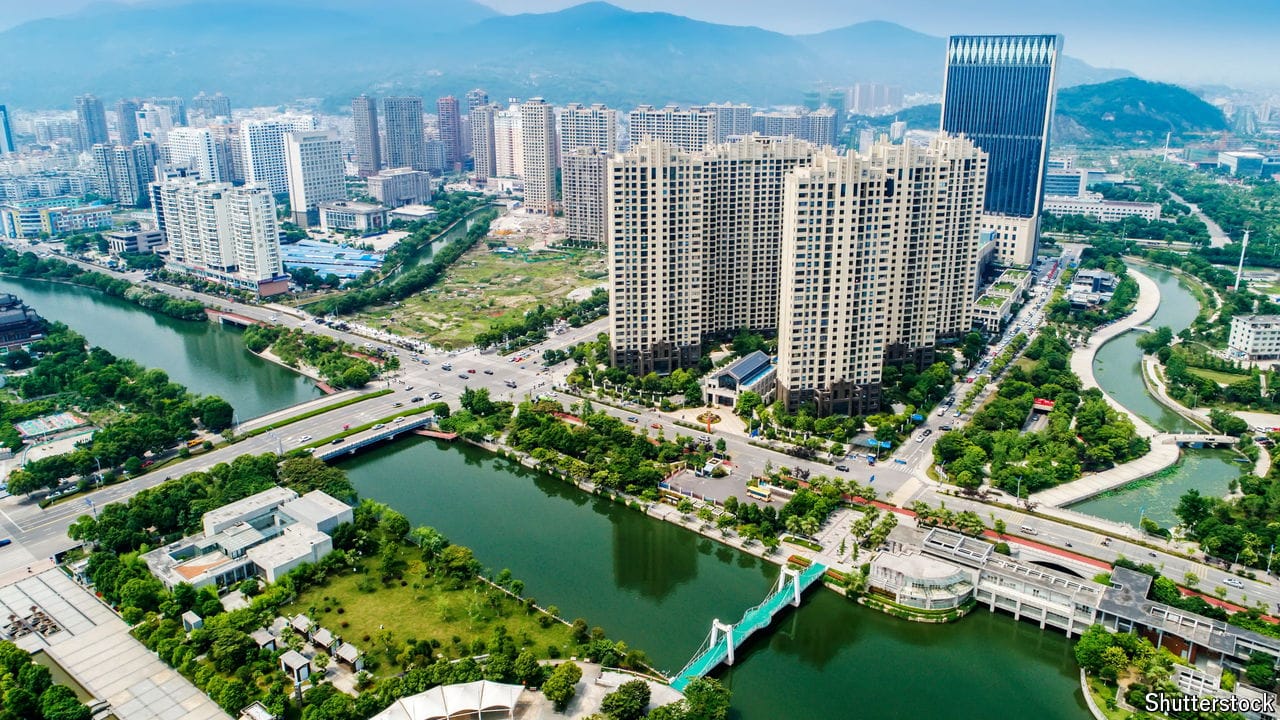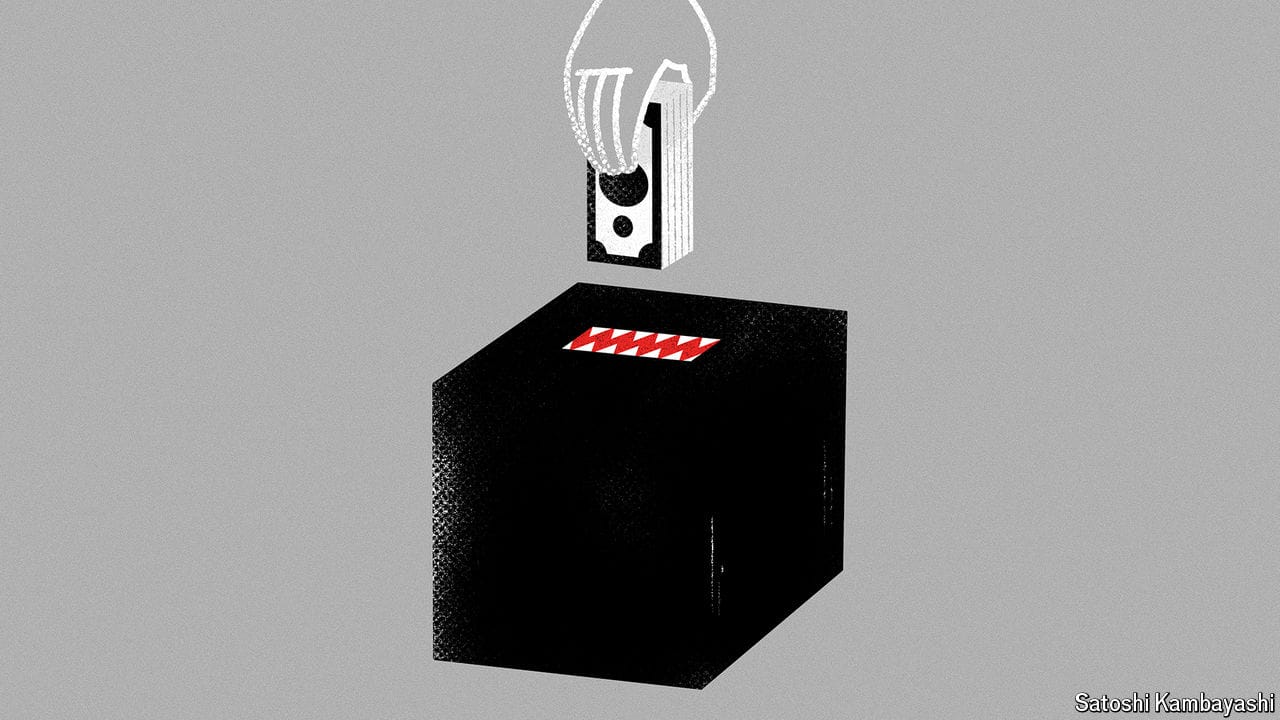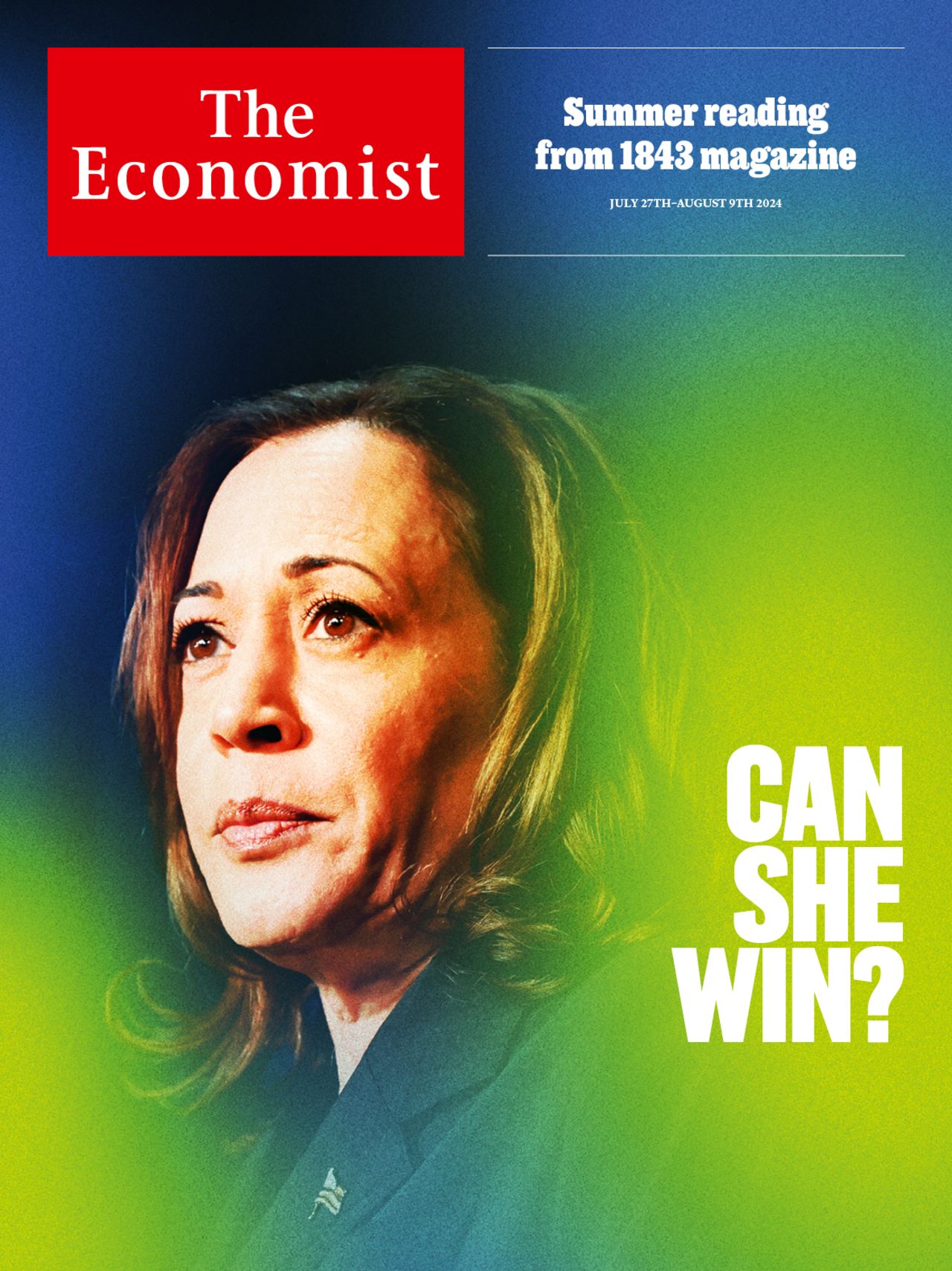The rich world revolts against sky-high immigration
Moderates want to limit numbers. Radicals want mass deportations. What will be the economic consequence?

Migrants are increasingly unwelcome. Over half of Americans favour “deporting all immigrants living in the US illegally back to their home country”, up from a third in 2016. Just 10% of Australians want more immigration, a sharp fall from a few years ago. Sir Keir Starmer, Britain’s new centre-left prime minister, wants his country to be “less reliant on migration by training more UK workers”. Anthony Albanese, Australia’s slightly longer-serving centre-left prime minister, recently said his country’s migration system “wasn’t working properly” and wants to cut net migration in half. And that is before you get to Donald Trump, who pledges mass deportations if he wins America’s presidential election—an example populist parties across Europe may wish to follow.
It is not just words. Australia, Britain and Canada are cracking down on “degree mill” universities offering courses that allow in people whose true intention is to work. This year Canada hopes to cut the number of study permits by a third. Other countries are making it harder for migrants to bring family with them. President Joe Biden has announced measures to bar those who unlawfully cross America’s southern border from receiving asylum. In France President Emmanuel Macron wants to speed up deportations; Germany is enacting similar plans. And worse could be on its way. Mr Trump’s plans imply the removal of perhaps 7.5m people. What will all this mean for rich-world economies?
This article appeared in the Finance & economics section of the print edition under the headline “The anti-immigration revolt”
Finance & economics July 27th 2024
- The rich world revolts against sky-high immigration
- Donald Trump wants a weaker dollar. What are his options?
- Revisiting the work of Donald Harris, father of Kamala
- How Vladimir Putin created a housing bubble
- Why is Xi Jinping building secret commodity stockpiles?
- Why investors are unwise to bet on elections
More from Finance and economics

China’s last boomtowns show rapid growth is still possible
All it takes is for the state to work with the market

What the war on tourism gets wrong
Visitors are a boon, if managed wisely

Why investors are unwise to bet on elections
Turning a profit from political news is a lot harder than it looks
Revisiting the work of Donald Harris, father of Kamala
The combative Marxist economist focused on questions related to growth
Donald Trump wants a weaker dollar. What are his options?
All come with their own drawbacks
Why is Xi Jinping building secret commodity stockpiles?
Vast new holdings of grain, natural gas and oil suggest trouble ahead
